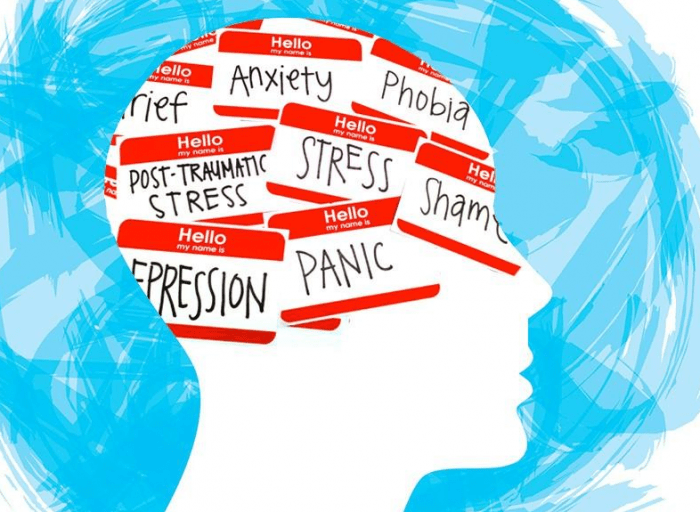Cycle of Grief – Global Pandemic – Open your Door
I have been helping children and families for 20 years as a Family Practitioner/Mediator Master Teacher Coach. Dr Door Opener. I had to open many doors to set myself free and continue to open doors that are thrown at me with current challenges. I have evolved and still are and want to help others too
I experience death when my brother killed himself as a result of childhood trauma, he was brutally sexually assaulted by a schoolteacher.
I grieved at a young age for the brother I once had, full of character and zest, seeing him struggling with his mental health that affected my mental health and I was in therapy for many years. I opened my door to the grieving process and later to death, when my brother killed himself. As an Expert I was able to help myself and others to open their doors to grief.
My passion and calling led me into Health Care to help others
Today in the Covid people are experiencing death more than ever and is affecting their mental health because of the scale globally.
No need to suffer alone help is here
Grief Stages Created by Swiss-American psychiatrist Elisabeth Kübler-Ross in her1969 book On Death and Dying, was inspired by her work with terminally ill patients
Kübler-Ross originally developed stages to describe the process patients with terminal illness go through as they come to terms with their own deaths;
it was later applied to grieving friends and family as well, who seemed to undergo a similar process. Rolled out in health care services globally.
Some people will go through the 5 stages instantaneously 6 Stage has been added more recently, Finding a Meaning is unanswered in these unprecedent times.
Some will go in and out the 5 different stages and can get stuck in on particularly and can stay in depression stage longer because of their guilt, they are still alive. Help is available by a trained professional to support the process until they can come to Acceptance.
It is important that people give themselves time to grieve in each of the 5 stages
Greif is not normally spoken about and people suffer in silent, often wanting to die themselves. Struggling every day with these thoughts and feelings.
Having knowledge and understanding helps people to know what they are feeling an also their loved ones are experiencing the same
This process makes the experience of grief kinder on ourselves and balances our emotions and helps us to come to terms with death
6 Stages of Greif
- Denial – The first reaction is denial. In this stage, individuals believe the diagnosis is somehow mistaken, and cling to a false, preferable reality.
- Anger – When the individual recognizes that denial cannot continue, they become frustrated, especially at proximate individuals. Certain psychological responses of a person undergoing this phase would be: “Why me? It’s not fair!”; “How can this happen to me?”; “Who is to blame?”; “Why would this happen?”.
- Bargaining – The third stage involves the hope that the individual can avoid a cause of grief. Usually, the negotiation for an extended life is made in exchange for a reformed lifestyle. People facing less serious trauma can bargain or seek compromise. Examples include the terminally ill person who “negotiates with God” to attend a daughter’s wedding, an attempt to bargain for more time to live in exchange for a reformed lifestyle or a phrase such as “If I could trade their life for mine”.
- Depression – “I’m so sad, why bother with anything?”; “I’m going to die soon, so what’s the point?”; “I miss my loved one; why go on?”
During the fourth stage, the individual despairs at the recognition of their mortality. In this state, the individual may become silent, refuse visitors and spend much of the time mournful and sullen. - Acceptance – “It’s going to be okay.”; “I can’t fight it; I may as well prepare for it.”
In this last stage, individuals embrace mortality or inevitable future, or that of a loved one, or other tragic event. People dying may precede the survivors in this state, which typically comes with a calm, retrospective view for the individual, and a stable condition of emotions. - Finding a meaning. “Have I made sense of all that has happened to me and is there a significance to death and my experience” this last stage and more recent stage now included
BOOK NOW AN ON LINE PRIVATE CONSULTATION https://christinewiddowson.com/virtual-consulting-room/
Family Practitioner Master Healer Coach Family Mediator: Dr Door Opener:.



